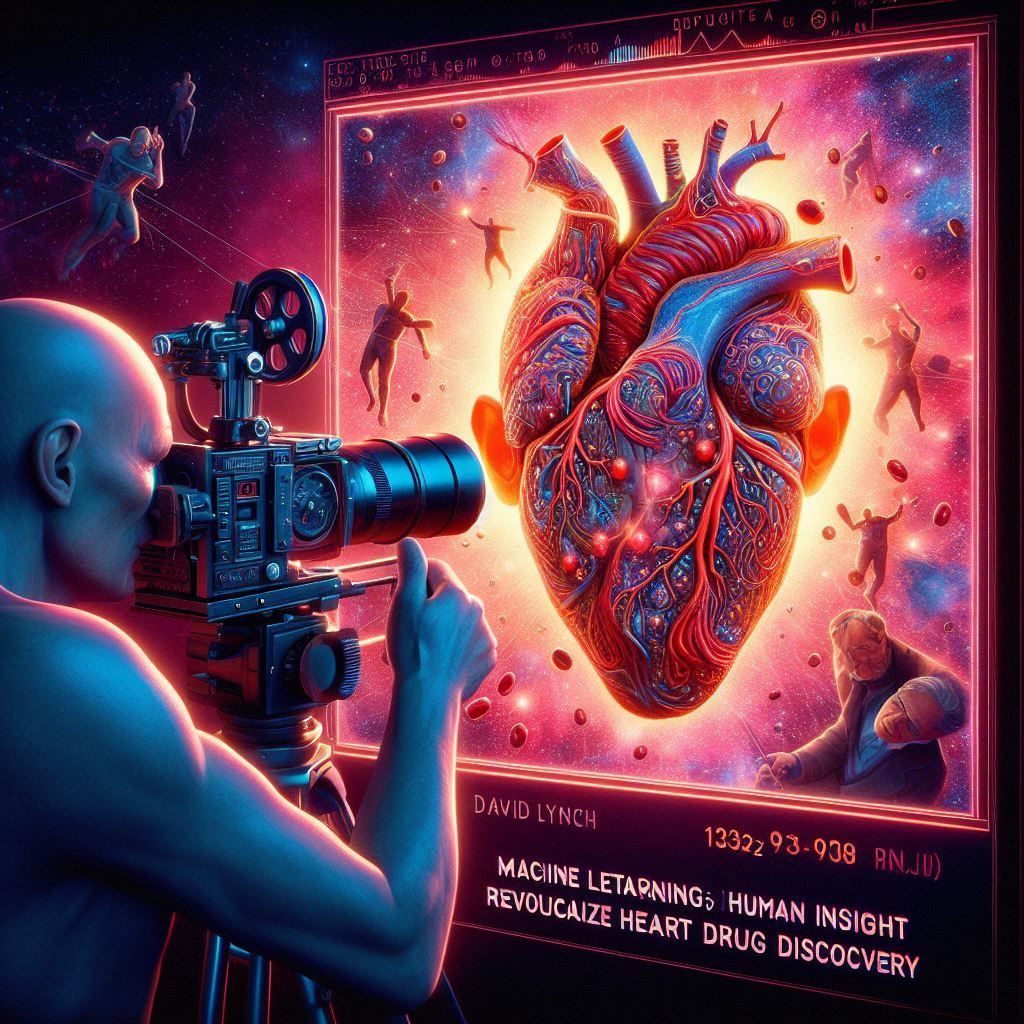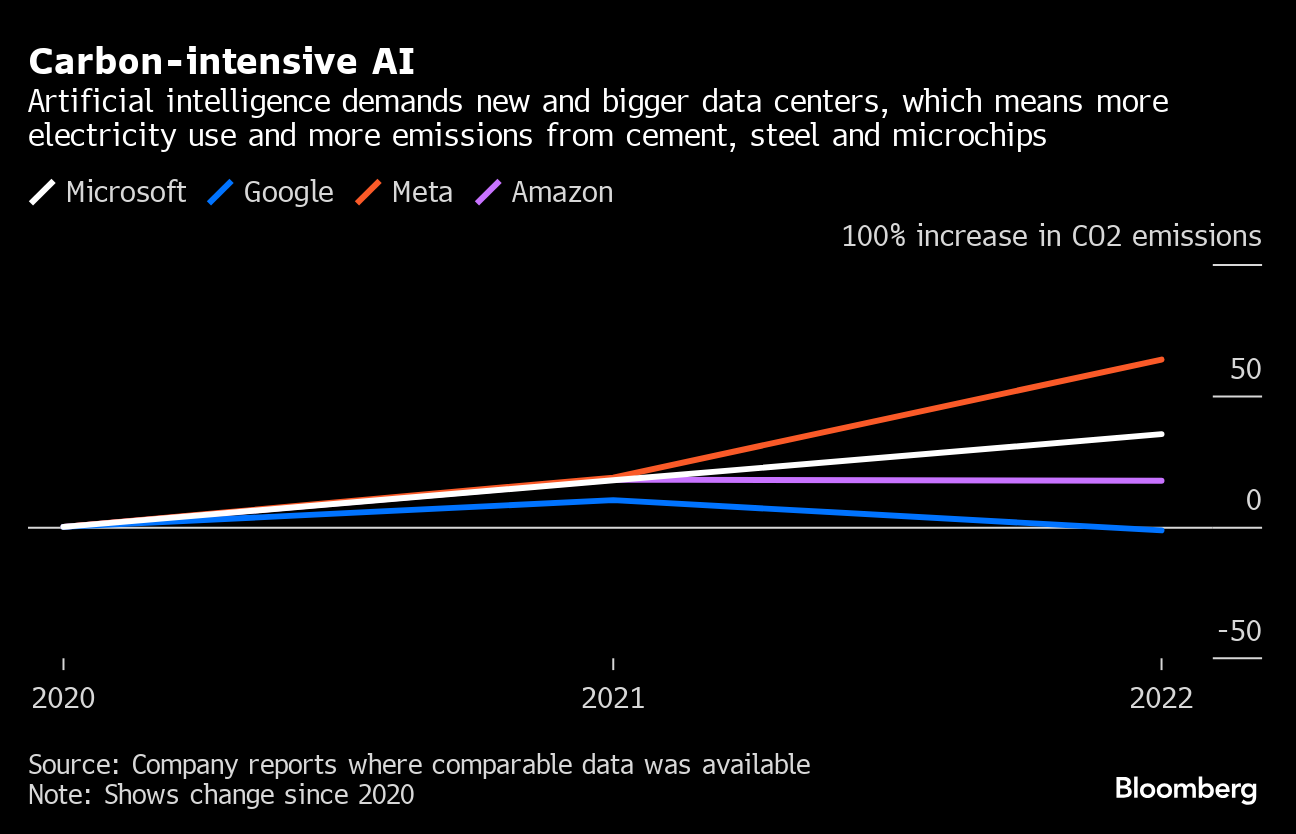Eddie Guo, a second-year student at the University of Calgary’s Cumming School of Medicine, has taken an innovative step in medical education by developing an app aimed at improving the diagnostic and communication skills of future doctors. Guo’s creation, the OSCE-GPT app, utilizes artificial intelligence to provide students with the opportunity to interact with virtual patients, offering a diverse range of health conditions to diagnose and communicate with.
Medical education has long emphasized the importance of practical skills, particularly effective communication with patients. Guo recognized the need for medical students to gain more extensive practice in this area. He noted that the limited practice hours in medical school fail to adequately prepare students for real-life scenarios with patients. As he explained,
“We think it’s a good idea to have more than a few hours of practice before actually going out into the wild and seeing patients for the first time.”
Introducing OSCE-GPT: The AI-powered virtual patient
Guo’s creation, OSCE-GPT, stands for Objective Structured Clinical Examination – GPT. In this innovative program, the computer takes on the role of the patient. Users can select the patient’s gender and choose from a variety of health scenarios, or they can let the computer randomly assign one. The AI patient engages in a conversation with the student, simulating a real-life clinical encounter.
During these interactions, students can ask questions about the AI patient’s condition. After the conversation concludes, the program provides feedback to the student, highlighting areas for improvement and suggesting additional questions that could have been asked.
Traditionally, medical students practice their communication skills with standardized patients, professional actors trained to simulate various medical conditions. While these actors are skilled, their services are expensive and access to them is limited. Guo recognized the need for an alternative solution. He remarked,
“We don’t get that much opportunity really to practice speaking with a patient, and so what this app was born out of was a lack of possibility to practice.”
Collaboration and expertise
Eddie Guo collaborated with medical resident Dr. Mehul Gupta to develop the app. Dr. Gupta emphasized the significance of enhancing communication skills in medical education. He stated, “The history you take from a patient is almost 99 per cent of the diagnosis that you make, and the impression you make on a patient the first time you speak with them is long-lasting.”
Dr. Gupta also highlighted the importance of tailored questioning, noting that practice through the app allows students to refine their skills and ultimately become more proficient doctors. “If you have the opportunity to practice to tailor your questions to see how you could have done better, you really do become a better doctor overall,” he added.
Future enhancements and global reach
While the OSCE-GPT app is already making a significant impact on medical education, Guo is not stopping there. He plans to continue upgrading the app, with the hope of incorporating visual elements such as chest X-rays, CT scans, or images of patients’ skin. These additions would further enhance the realism and utility of the program.
In just its first month since launch, the OSCE-GPT app has attracted over 550 healthcare trainees from Canada and across the globe, including Europe, India, Saudi Arabia, and the United States. Its rapid adoption underscores the pressing need for practical, technology-driven solutions in medical education.





